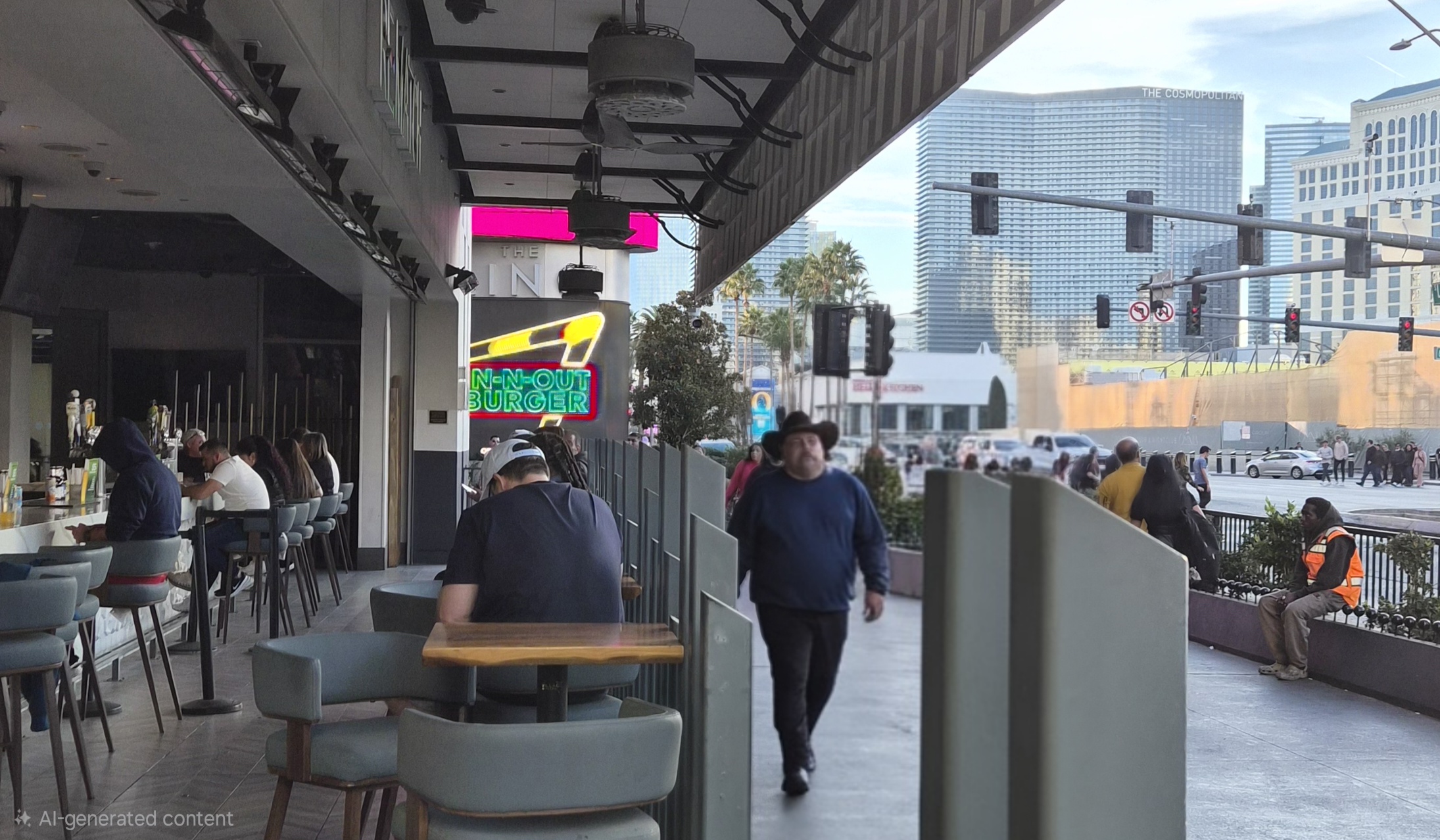Cox Communications let me down again
I have had cable TV and high speed Internet from Cox for four and a half years and for the most part happy with it — just not the bill that comes every month. Well about the time the TV cablebox software was upgraded (about 9-10 months ago) my HSI modem starts acting screwy. At first the screwy bit was hardly noticeable. Just once in a while not being able to receive the Cox signal. Quick reset and back online, no muss-no fuss.
Then a about 3 months ago the modem probablem got dramatically worse. To the point the modem would go into a recycle loop (it would lose signal, attempt to reset itself to resolve the problem and if it could not receive the signal after a time it would reset itself again). So a couple weeks ago I started thinking I’m paying $140/mo for these two services for the mid-tier Internet package and the regular cable package of all the channels but no premiums. That’s when I jumped ship on the cable part to Prism and for pretty much the same price of cable at Cox I get all the same channels and all the premium channels. This was rub #2. Rub #1 was the escalating Internet issues that the telephone reps did not seem to care to solve… the always wanted to fix the symptom but not the problem.
Yes, I know what you’re thinking “The sympton was my cable modem losing signal and the problem was the cable modem losing signal” but you’re wrong and so were the Cox technicians. The sympton was the cable modem losing signal. The probme was buried in the detail – and that was what needed to be addressed otherwise the symptom like runny eyes during a hay fever dustup would keep coming back. So in my analogy the runny eyes sympton is to the allergic reaction to something in the environment – treat the eyes but the allergic reaction is still there causing an issue somewhere else. In the case of my Internet, I could fix the symptom (just unplug the power and wait a few seconds to plug it back in) but like the runny eye the symptom kept coming back because the hay fever was the problem. And in the case of the disappearing Internet the cable modem kept losing its signal but the signal wasn’t the issue it was the Cox system was not provisioning the modem with a new IP.
To explain my belief of the problem (stated to Cox technicians on two occassions) like most cable, DSL and even cellular providers Cox issues IP addresses via DHCP but not regular DHCP – superDHCP (not the official name but it sounds really good to me) – an ingenious idea because we are running out of IPv4 internet protocol addresses as more and more devices the world over are connected to the Internet. With IPv4 the 000.000.000.000 IP scheme only millions of devices can have an IP address at the same time even with CIDR and NAT options, but with more people having more than one device and up-coming powers like China and India needing more numbers as their people become more Internet connected we need billions if not trillions of devices capable of being connected to the Internet. (This is where IPv6 comes in but that’s a much different post!)
Back to me… so with the superDHCP – so take a group like Cox, they’re no different than TimeWarner, Comcast, IBM, Google, or any other company that was the resources to purchase a block range of IP addresses but no entity has a lock on all the public IPs – they are given a range or several ranges – some have lots of public IPs like the US government but most have smaller segments of hundreds to millions. So Johnny customer signs up for service and puts an Internet modem in his home; that modem communicates up a level and is assigned an IP. The system knows where the modem is and what its local IP is – the system above that has already been assigned another IP and the one above that and so on. Now Johnny’s address is for argument 185.132.32.15 and the system above it is 10.3.5.32 and the system above it is 192.189.289.5 and above it is some other IP. The problem is Johnny’s IP could be used by multiple homes in different geographic areas – in essencee the network references his machine by name not IP something like IP185-132-32-15.kankakee.MI.cox.net but it is entirely possible that Suzy has a modem with the same IP but addressed like this IP185-132-32-15.dearborn.IL.cox.net so the routers know where each packet comes from and where it should go and only the back-end provisioning systems know or even care as long as the addressing works correctly.
Long story to come to this – DHCP is somewhat designed to interact with devices needing new IP address. My Internet modem is online continuously it should never lose its IP. What Cox changed to doing was sending a signal to your modem telling it to release its IP so it can get another – oftentimes the same number. My modem was selfish it didn’t want to give up it’s signal so Cox would send the release signal but the modem was smart and asked ‘Why?’. Cox pulls the IP with the expectation the device will request a new one but the modem is now in limbo – sullen that the Cox system has shunned it.
Anthropomorphism aside modem fine, signal fine, IP fine, but commands from the provision system/DHCP server not fine. It would be expected that a functioning, online modem would not be sent a signal to reset itself to get a new IP that it already has unless the superDHCP system is screwed up somehow. So, as an IT person I explained my theory but Cox was unrelenting that it could not happen – to which I said “The modem is not powered up how are you still seeing it online on your end?” The guy’s response was to put me on hold for a little while and when he came back simply said he would have to send a technician out to my house.
This led me to my current position – I’m paying for it, you don’t like my theory so fix the problem otherwise just like the cable TV I’m taking my money elsewhere.
Thank you for reading this post, don't forget to subscribe!
ROFL, there's no subscribe...


